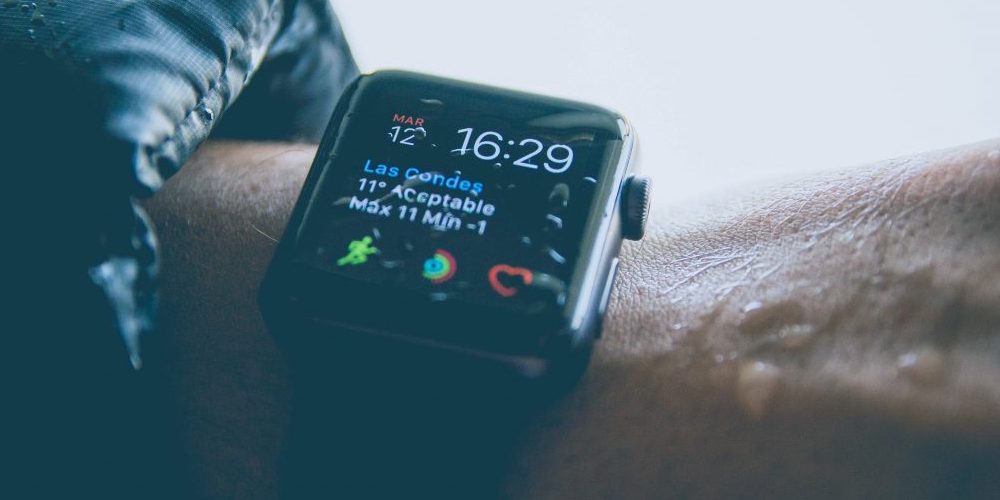Overtraining, stress, infection or cardiac arrhythmia – your resting heart rate can provide the first clues. That’s why it makes sense to understand it and learn how to read its values.
Regular training – especially endurance training – generally results in a lower resting heart rate, because the trained athlete’s heart pumps more blood with each beat than the heart of a non-trained person.
Knowing your resting heart rate helps you be more aware of your body. For example, after a strenuous training period, your resting heart rate may be slightly higher than usual. If your resting heart rate gets faster over time, you may be exercising too much. Stress, infections, and some serious illnesses can also cause a higher resting heart rate.
The pulse
With each heartbeat, the heart pumps blood into the arteries in bursts. With each pulse wave, the blood presses against the artery walls. These stretch very slightly and then contract again. The pulse wave is felt wherever larger arteries lie close under the skin. The pulse generally varies greatly from person to person. In a healthy person, the pulse is regular and as high as the number of heartbeats.
How to measure your resting heart rate
The best way to measure your resting pulse rate is to do it in the morning immediately after waking up, while you are still lying quietly in bed. Please do not drink coffee beforehand, because the caffeine it contains speeds up your heart rate.
Use two fingers to feel the pulse on the forearm near the wrist “thumb side”. Then count along for 20 seconds and multiply the value times three – this value is the resting pulse per minute (heart rate beats are always given per minute).
More convenient is a pulse watch that measures automatically. However, every now and then you should compare its values with the ones you measured yourself to make sure it is measuring correctly. This is especially true with heart rate monitors that are worn on the wrist.
What changes the resting pulse
There is no standard value for the resting pulse. However, it is relatively constant in individuals. Healthy adults usually have between 60 and 80 pulse beats per minute at rest. For many marathon runners, however, it is completely normal for their heart to beat only about 40 times per minute or less at rest. In general, the resting pulse rate for athletes is usually lower than for couch potatoes, with endurance athletes tending to have a lower pulse rate than people who primarily do weight training.
The resting pulse not only changes with the fitness level, but also with age (the heart beats faster in children than in adults), the time of day and the weather. Some medications also influence it. Various diseases can cause the resting pulse to speed up, slow down or become irregular, depending on the condition. For example, it speeds up with acute infections, it can slow down with hypothyroidism, and it becomes irregular with atrial fibrillation of the heart.
When to see a doctor
If your resting heart rate changes – assuming you’ve always measured it under the same conditions – it’s a good idea to ask a professional for advice. You should consult a doctor quickly if you experience other symptoms, such as dizziness or chest pain, which may indicate a cardiac arrhythmia.
Who is Medbase?
Medbase is the largest multidisciplinary sports medicine network in Switzerland and offers specialized sports medicine services for athletes, clubs and sports federations of all activity levels in the fields of sports medicine, sports physiotherapy, performance diagnostics and training advice.


 How fast your resting heart rate is tells you something about your training status and about your general fitness. The faster your pulse returns to your resting pulse after a workout, the better your training condition is. For this, basic endurance is crucial.
How fast your resting heart rate is tells you something about your training status and about your general fitness. The faster your pulse returns to your resting pulse after a workout, the better your training condition is. For this, basic endurance is crucial.